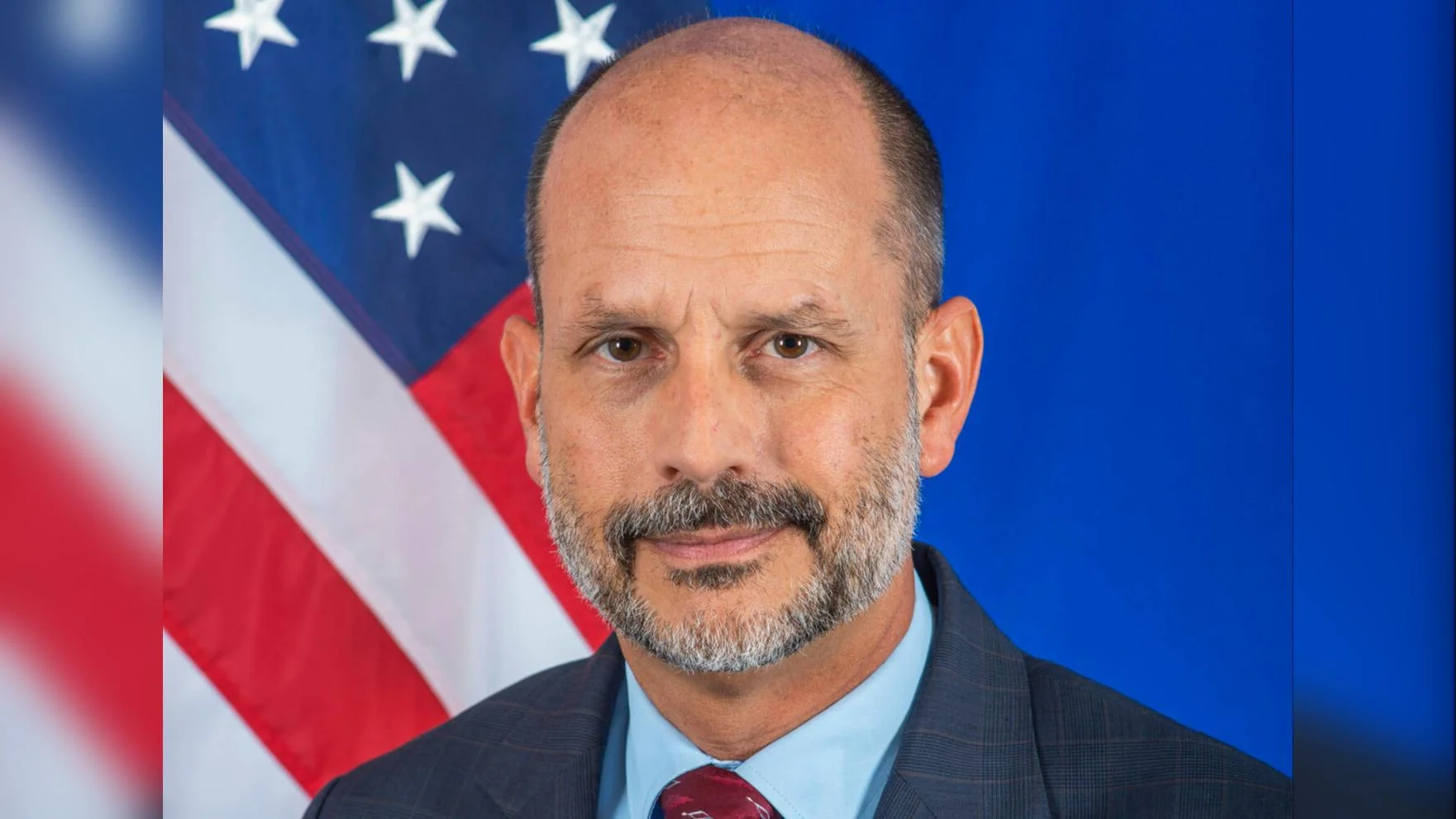At the 2025 Central Africa Think Tank Forum, U.S. Ambassador Christopher J. Lamora addressed an audience of policymakers, civil society leaders, and academics from across the region. He highlighted the influence that think tanks have in shaping policy by providing evidence-based research and fostering open debate.
Lamora commended the Foretia Foundation and the Nkafu Policy Institute for organizing the event and promoting dialogue on regional challenges. "Let me first commend the Foretia Foundation and the Nkafu Policy Institute for creating this gathering. You have brought together policymakers, civil society leaders, academics, and citizens from across the region to address the pressing challenges of our time. This is exactly the sort of inclusive dialogue that healthy democracies need," he said.
Drawing on examples from American institutions such as The Heritage Foundation, Cato Institute, Brookings Institution, and Atlantic Council, Lamora described how these organizations contribute to U.S. policymaking by conducting research across a spectrum of issues including economic policy, governance reforms, individual liberty, global development, and international security.
"The Heritage Foundation...is known for its deep work on promoting conservative economic policy...It translates its research into concise, actionable recommendations—often in plain language—making it accessible to both policymakers and the public," he explained.
He added: "The Cato Institute...focuses on individual liberty, market solutions, and limited government. Cato often advances ideas that challenge prevailing political consensus..."
Regarding Brookings Institution’s role: "Its scholars conduct long-term research that informs debates on everything from macroeconomic policy to urban planning..."
On international engagement by think tanks like Atlantic Council: "...the Atlantic Council has strengthened its Africa programming, connecting African policymakers with peers around the world."
Lamora stressed that these organizations differ politically but collectively form an important part of a system where independent analysis supports government action. He noted their capacity to influence legislation or agreements at various levels through their studies and recommendations.
"A hallmark of a successful think tank is its ability to translate ideas into action by shaping the policymaking process," Lamora said.
He reflected on his own experience working with think tanks during his career in foreign policy: "I can’t count how many times during my nearly 35 years working on U.S. foreign policy that I have read or referenced materials generated by these organizations..."
Lamora also referenced Afrobarometer's work in Africa as an example of how data-driven insights can help inform responsive policies for governments and civil society.
Here in Central Africa, he observed that local institutions like Foretia Foundation and Nkafu Policy Institute are already making significant contributions through research initiatives and public dialogues aimed at strengthening governance.
"In Cameroon...institutions like the Foretia Foundation and Nkafu Policy Institute are already playing this vital role—conducting research on economic governance, hosting policy dialogues, and nurturing the next generation of policy leaders," he stated.
He outlined potential areas for deeper collaboration between U.S. think tanks and their Central African counterparts including joint research projects; fellowship exchanges; co-hosted forums focused on topics such as digital economy or climate resilience; as well as youth-oriented training programs.
"As many of you know, the work of think tanks is rarely glamorous...But when done well it strengthens governance..." Lamora concluded his remarks emphasizing continued cooperation could support innovative policymaking rooted in local realities.

